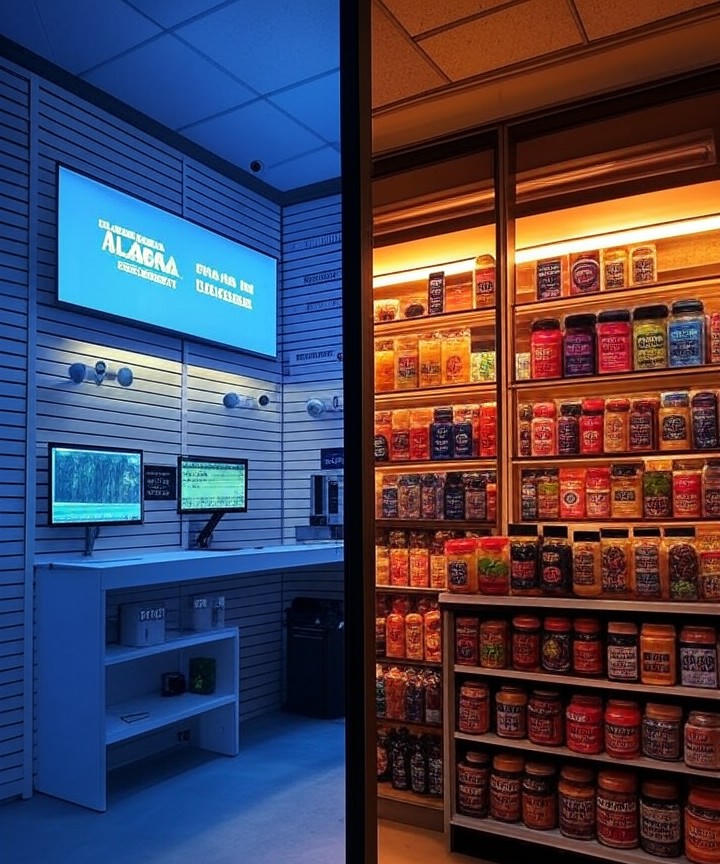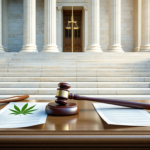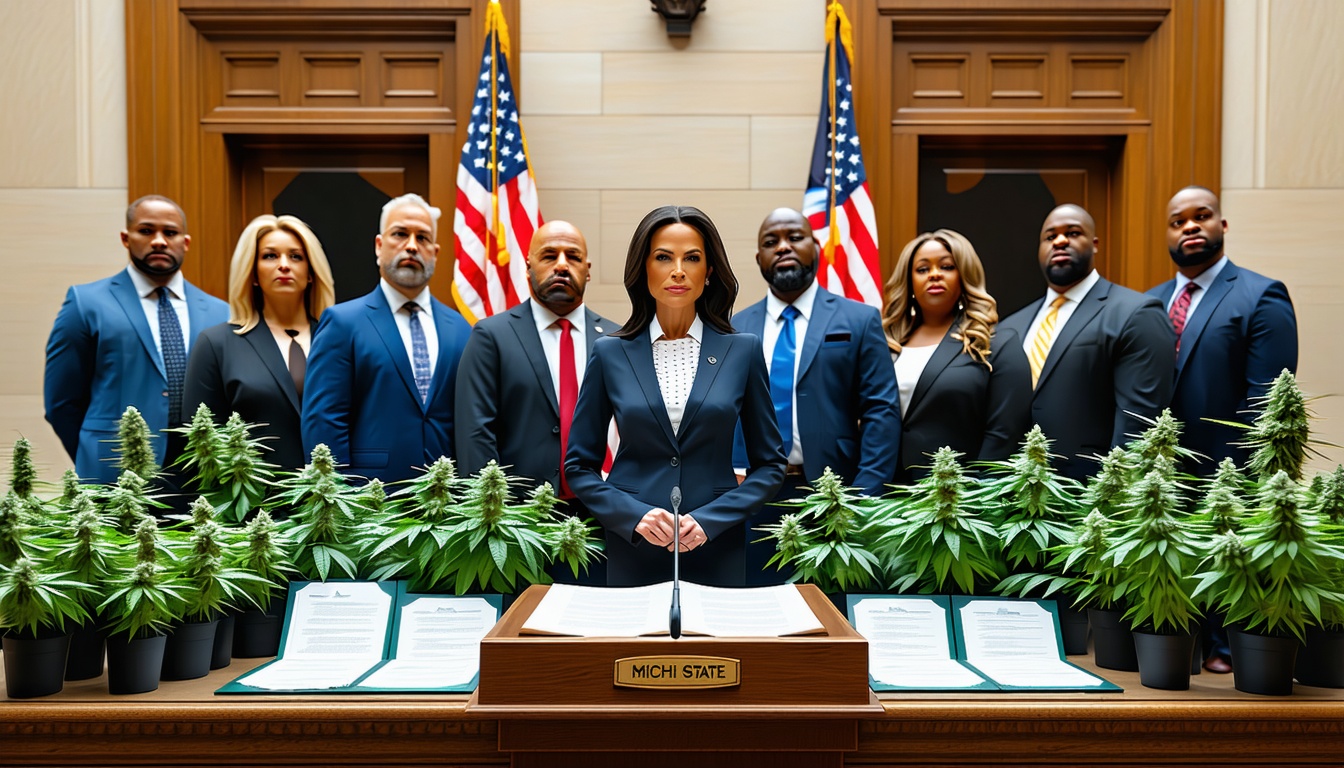Alaska’s Cannabis Industry Struggles Amidst Unregulated Hemp Products
Despite a federal judge’s ruling upholding Alaska’s ban on intoxicating hemp products, the cannabis industry in the state continues to face challenges from unregulated hemp products flooding the market. The ruling, handed down in May, rejected a challenge by the Alaska Industrial Hemp Association, which argued that the state’s limits on intoxicating hemp products violated the US Constitution.
Since the ruling, cannabis industry leaders say that enforcement actions have not been sufficient to stop the flow of intoxicating hemp products being sold in Alaska’s gas stations, convenience stores, and head shops. These products, which can include gummies, chocolates, and drinks, can contain high levels of THC, the psychoactive chemical found in marijuana.
The issue stems from a regulatory loophole created by the 2018 Farm Bill, which legalized hemp but did not define it clearly. As a result, hemp processors have found ways to extract and concentrate THC, creating intoxicating products that can be manufactured out of state and shipped to Alaska.
Cannabis industry leaders argue that these unregulated products are unfair competition for licensed marijuana retailers, who face strict regulations and taxation. “At the end of the day, we have all these regulations that we have to follow, we have all these taxes that we have to pay. We can’t compete,” said Trevor Haynes of GOOD Cannabis. “They can also produce products that are more intoxicating than us.”
The Alaska Division of Agriculture enacted regulations in 2023 to limit intoxicating hemp products, but the industry has continued to operate outside of the state’s legal framework. The state maintains that the regulations are necessary to protect public safety, while the hemp industry argues that they violate federal supremacy and commerce clauses.
The issue is not unique to Alaska, as almost 40 attorneys general have written to Congress urging it to prevent the sale of intoxicating hemp products. The letter notes that these products have flooded the public market due to a misinterpretation of the 2018 Farm Bill’s language, and that they are being sold in gas stations, convenience stores, and online retailers across the country.
Despite the challenges, the cannabis industry is growing rapidly, with the annual value of US cannabis production growing 40% last year. Cannabis-derived products are projected to reach a $160 billion global market by 2032, according to Grand View Research. However, the industry’s growth is being hindered by the unregulated hemp products, which are creating an uneven playing field for licensed retailers.












